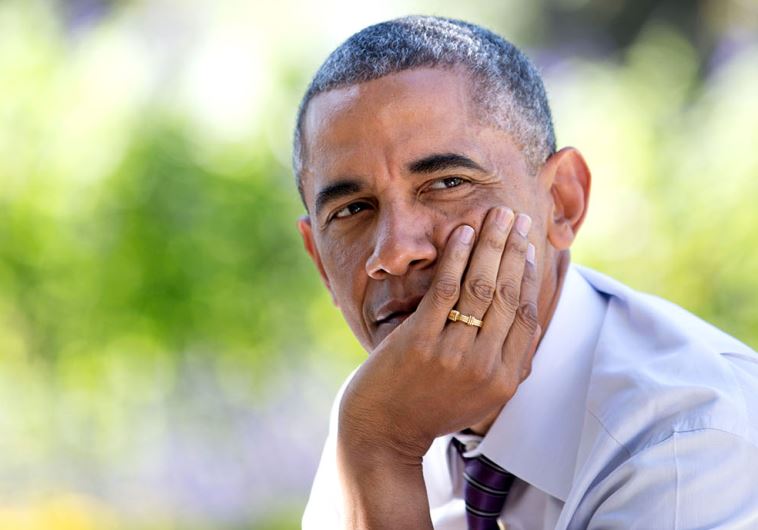Obama musters key Senate support to block vote on Iran nuclear deal
Filibuster still not certain, Kerry calls PM to reaffirm commitment to Israel
 US President Barack Obama at the Rose Garden of the White House(photo credit: OFFICIAL WHITE HOUSE PHOTO / PETE SOUZA)Updated:
US President Barack Obama at the Rose Garden of the White House(photo credit: OFFICIAL WHITE HOUSE PHOTO / PETE SOUZA)Updated: